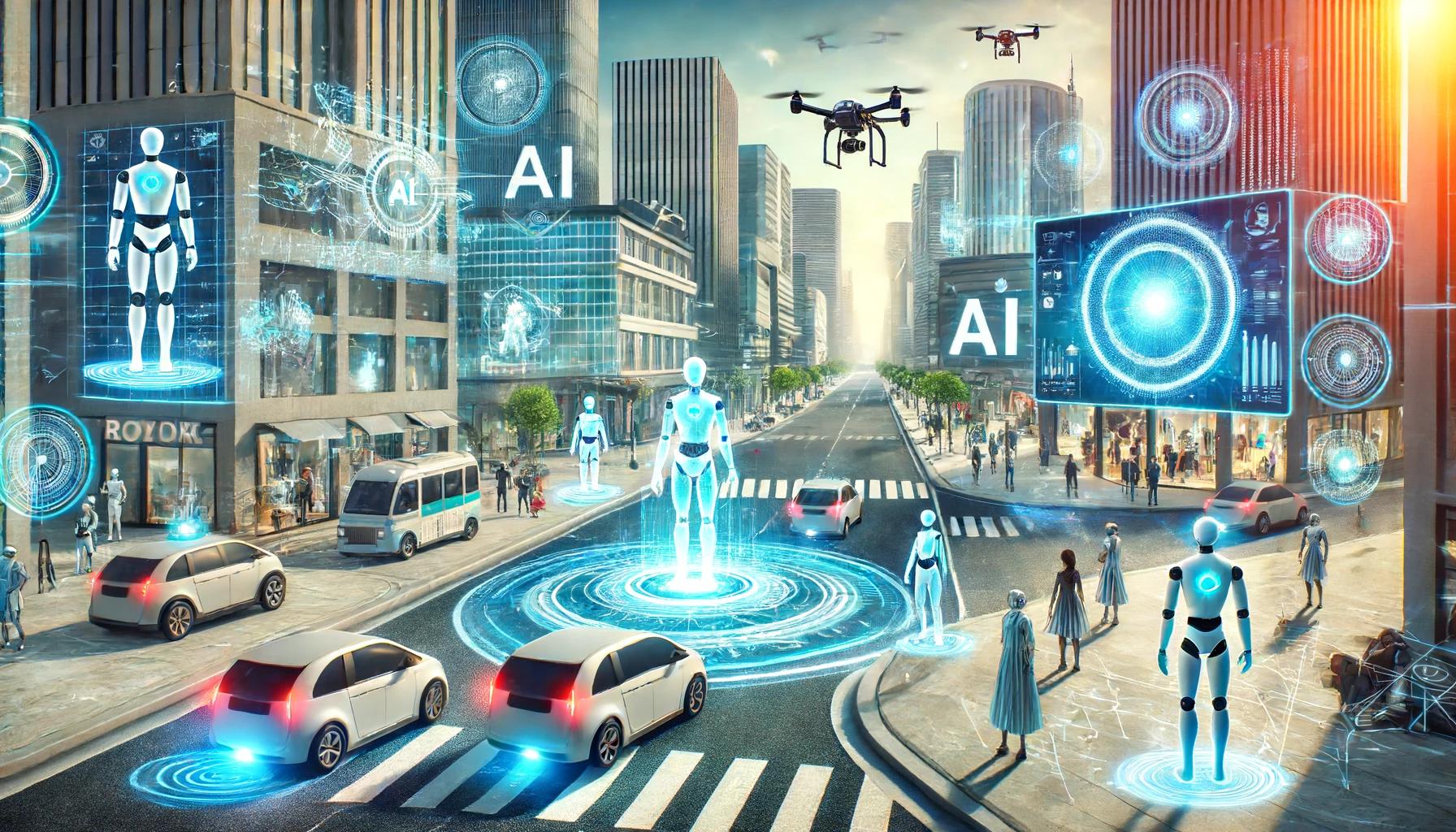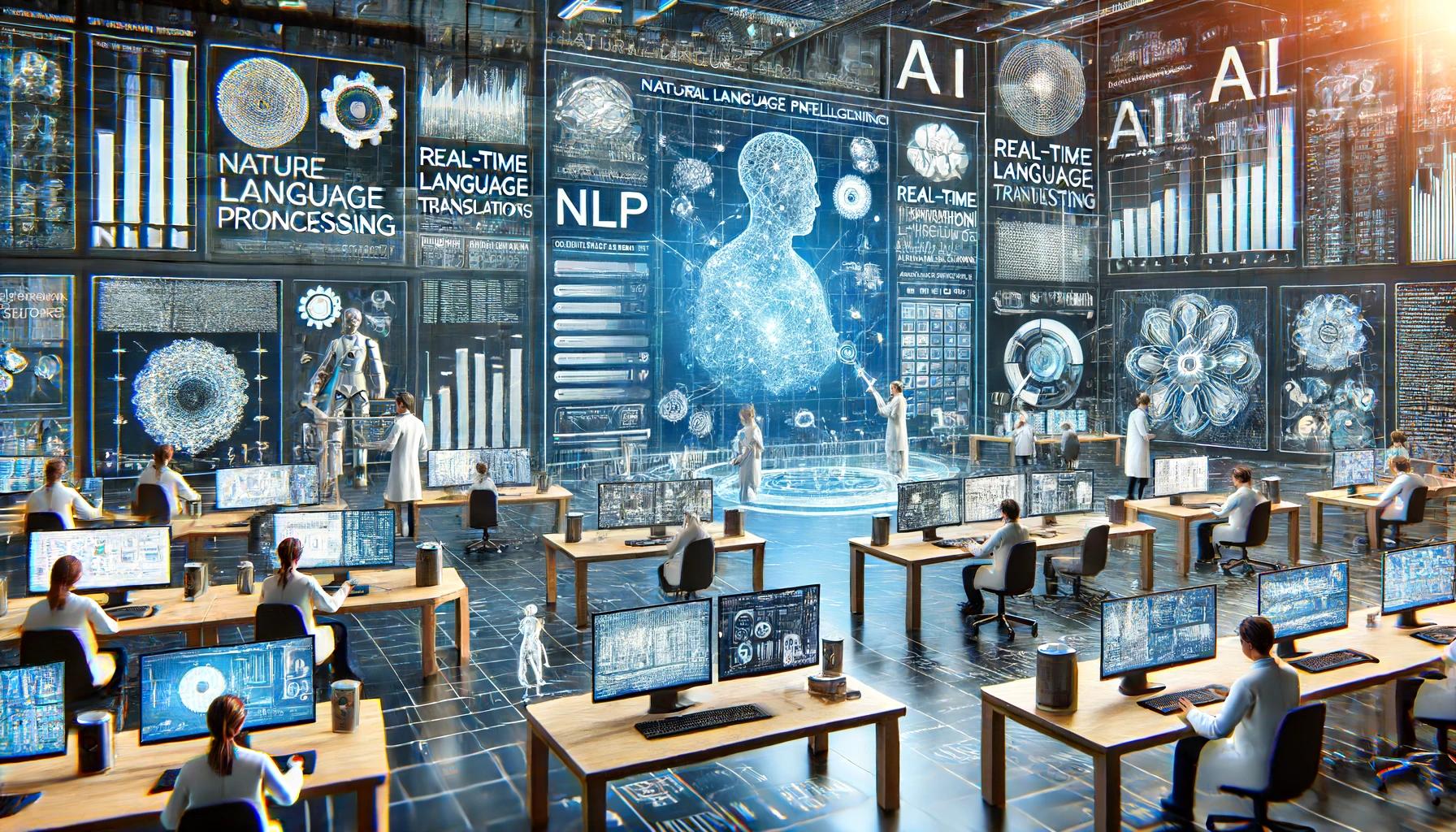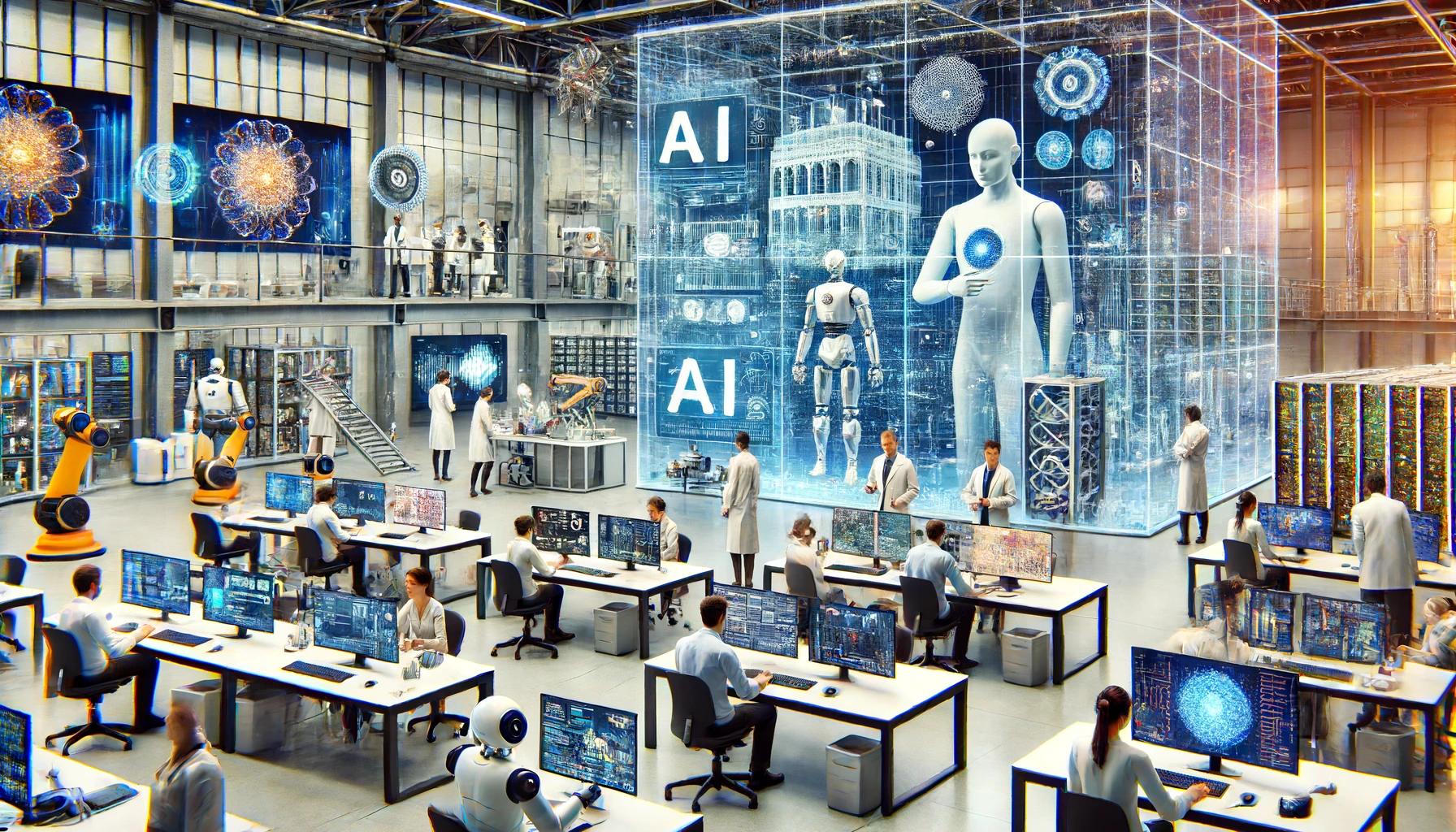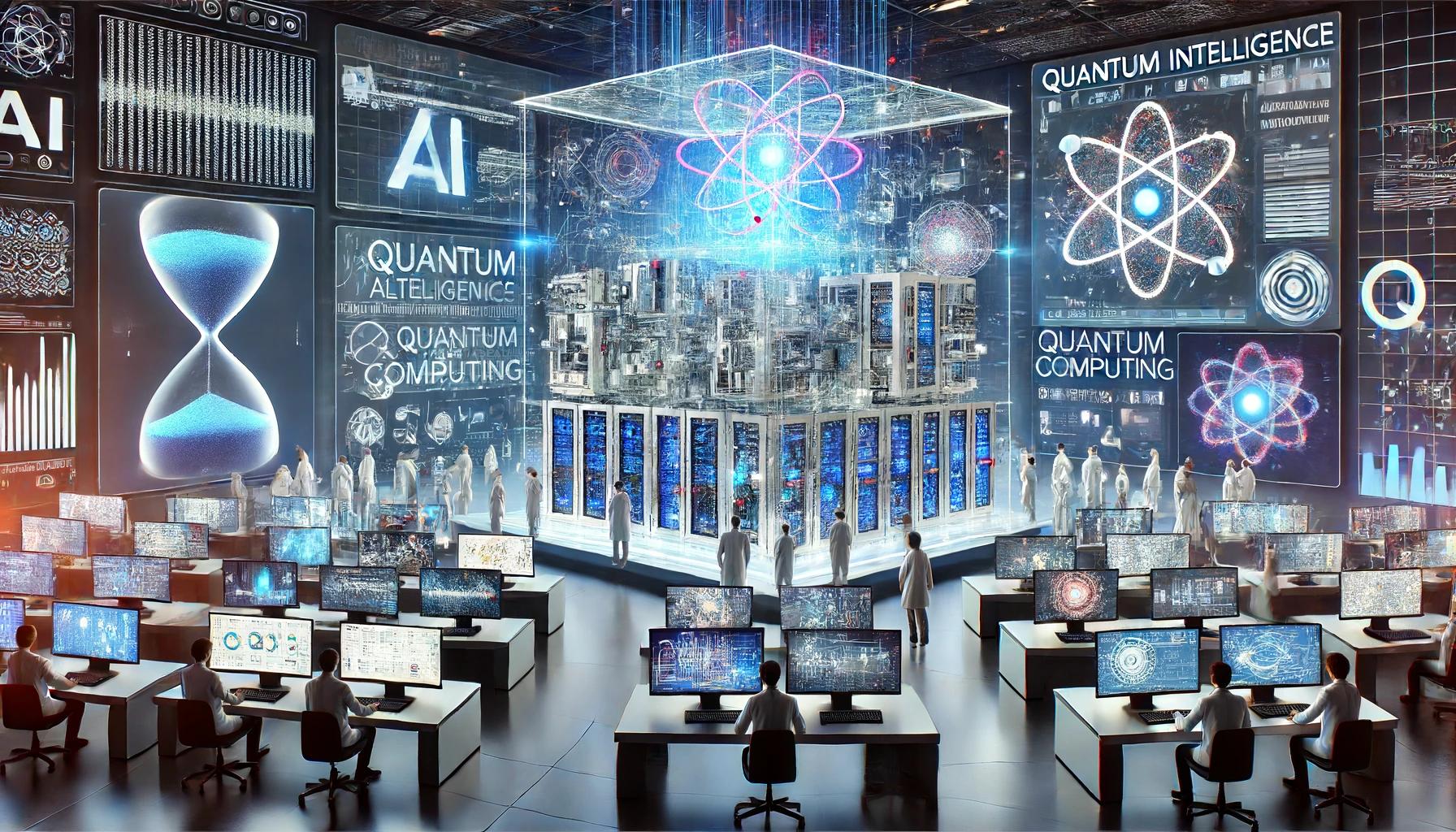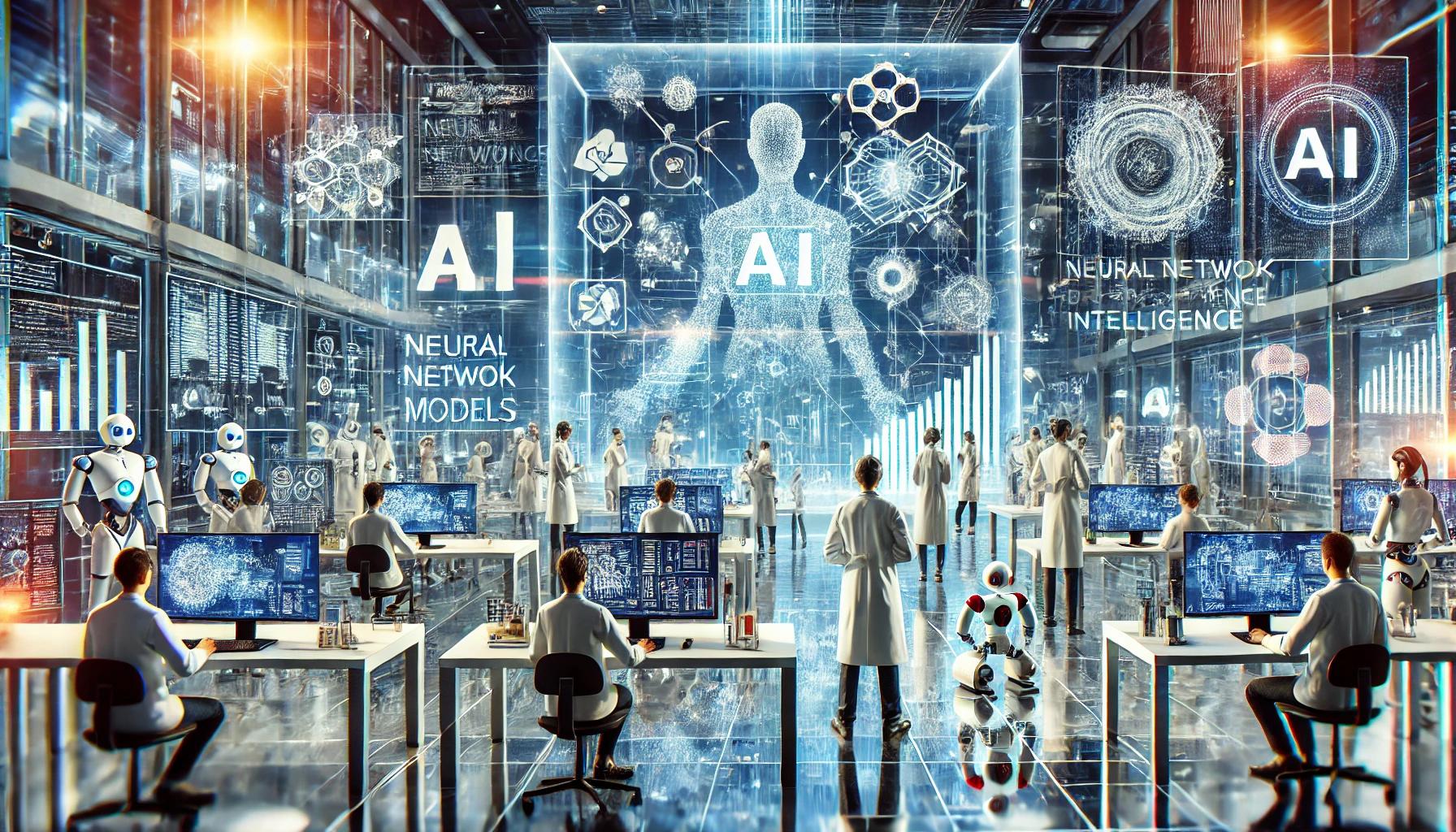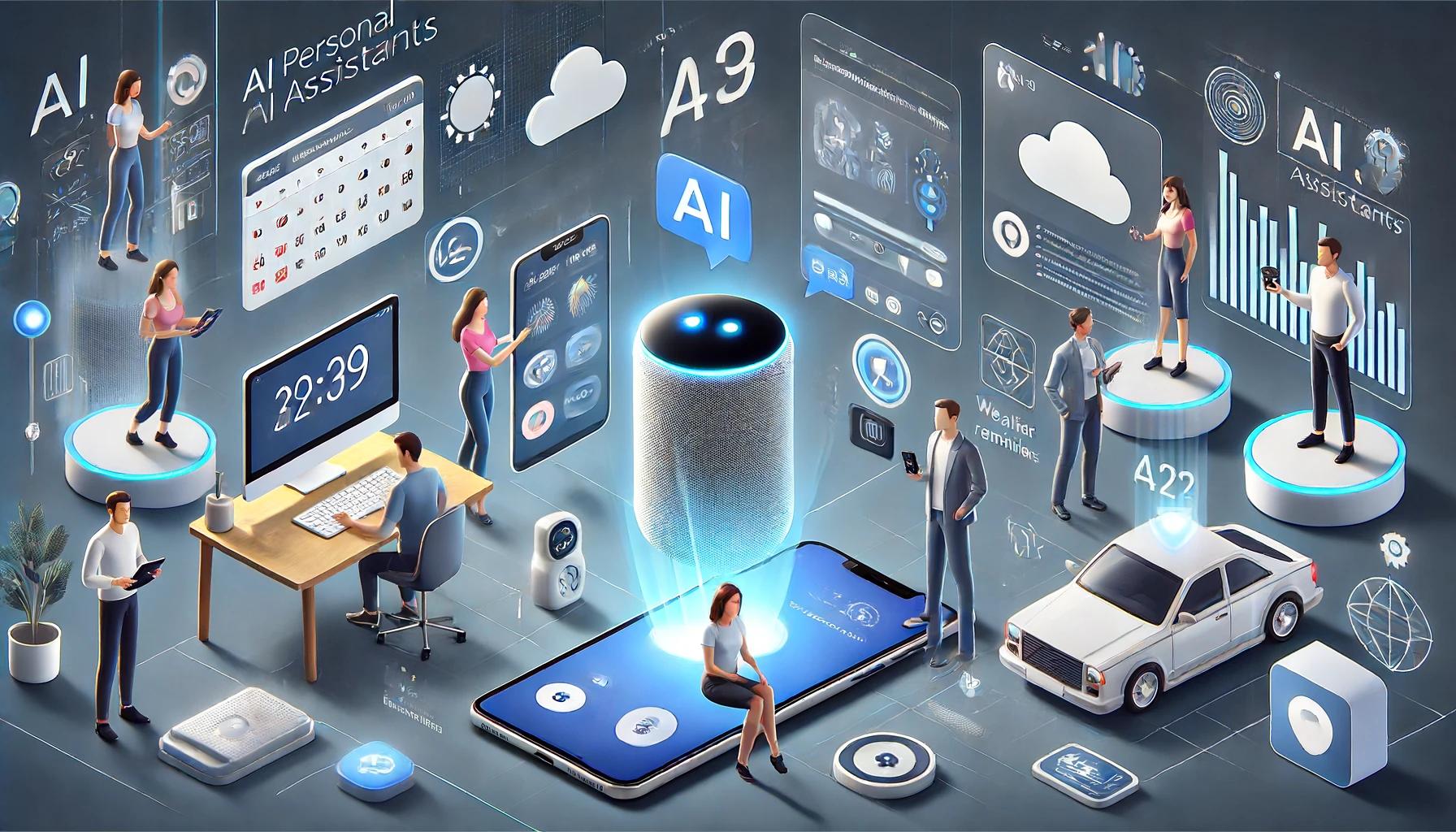- Introduction to Artificial Intelligence
- A Brief History of AI
- Early Beginnings
- The Dartmouth Conference
- AI Winters and Resurgences
- Key Technologies in AI
- Machine Learning
- Deep Learning
- Natural Language Processing
- Applications of AI
- Healthcare
- Finance
- Transportation
- Ethical and Social Implications
- Job Displacement
- Bias and Fairness
- Privacy Concerns
- The Future of AI
- Advancements in AI Research
- AI in Everyday Life
- Ethical AI Development
- Conclusion
Introduction to Artificial Intelligence
Artificial Intelligence (AI) has been a subject of fascination and speculation for decades. From the early concepts envisioned in science fiction to the real-world applications we see today, AI has transformed various aspects of our lives. In this article, we will explore the history, current applications, and future prospects of AI.
A Brief History of AI
Early Beginnings
The concept of machines that can think and learn dates back to ancient mythology and the early days of computing. Alan Turing, a pioneer in computer science, proposed the idea of a “universal machine” capable of performing any computation. This laid the groundwork for the development of AI.
The Dartmouth Conference
In 1956, the Dartmouth Conference marked the birth of AI as a field of study. Researchers like John McCarthy, Marvin Minsky, and Claude Shannon gathered to discuss the potential of creating intelligent machines. This conference set the stage for decades of research and development.
AI Winters and Resurgences
AI has experienced several cycles of optimism and disappointment, known as “AI winters.” Despite setbacks, breakthroughs in machine learning and neural networks in the 1980s and 1990s reignited interest in AI, leading to the advancements we see today.
Key Technologies in AI
Machine Learning
Machine learning, a subset of AI, involves training algorithms to recognize patterns and make decisions based on data. This technology is behind many AI applications, from recommendation systems to fraud detection. Learn more about machine learning.
Deep Learning
Deep learning, a more advanced form of machine learning, uses neural networks with many layers to analyze complex data. This technology has enabled significant improvements in image and speech recognition. Explore deep learning.
Natural Language Processing
Natural Language Processing (NLP) allows machines to understand and generate human language. Applications include chatbots, language translation, and sentiment analysis. Discover more about NLP.
Applications of AI
Healthcare
AI is revolutionizing healthcare by improving diagnostics, personalizing treatment plans, and predicting disease outbreaks. For example, AI algorithms can analyze medical images to detect conditions like cancer with high accuracy. AI in healthcare.
Finance
In the financial sector, AI is used for algorithmic trading, risk management, and fraud detection. By analyzing vast amounts of data, AI systems can identify patterns and trends that human analysts might miss. AI in finance.
Transportation
Autonomous vehicles are one of the most visible applications of AI in transportation. Self-driving cars use AI to navigate roads, avoid obstacles, and make real-time decisions. AI in transportation.
Ethical and Social Implications
Job Displacement
While AI brings many benefits, it also raises concerns about job displacement. Automation of tasks could lead to significant changes in the workforce, requiring new skills and training for affected workers. AI and job displacement.
Bias and Fairness
AI systems can inadvertently perpetuate biases present in the data they are trained on. Ensuring fairness and transparency in AI decision-making is a critical challenge for researchers and policymakers. AI bias and fairness.
Privacy Concerns
The use of AI in surveillance and data analysis raises significant privacy concerns. Balancing the benefits of AI with the need to protect individual privacy is an ongoing debate. AI and privacy.
The Future of AI
Advancements in AI Research
AI research continues to evolve, with advancements in areas like reinforcement learning, quantum computing, and explainable AI. These developments promise to push the boundaries of what AI can achieve. Future of AI research.
AI in Everyday Life
As AI becomes more integrated into our daily lives, we can expect smarter personal assistants, more efficient home automation, and improved user experiences in various technologies. AI in everyday life.
Ethical AI Development
The future of AI depends on responsible development practices. Ensuring that AI technologies are ethical, transparent, and beneficial for all of humanity is a key focus for researchers and industry leaders. Ethical AI development.
Conclusion
Artificial Intelligence has come a long way since its inception, transforming industries and reshaping our world. While there are challenges and ethical considerations to address, the potential benefits of AI are vast. As we continue to innovate and explore new possibilities, AI will undoubtedly play a crucial role in shaping the future.
For further reading and to stay updated on the latest developments in AI, consider visiting the following resources:
- Artificial Intelligence – Wikipedia
- Machine Learning – Wikipedia
- Deep Learning – Wikipedia
- Healthcare IT News on AI
- Forbes on AI in Finance
- McKinsey on AI in Transportation
- Brookings on AI and Job Displacement
- Technology Review on AI Bias
- The Guardian on AI and Privacy
- Nature on the Future of AI Research
- BBC Future on AI in Everyday Life
- World Economic Forum on Ethical AI
